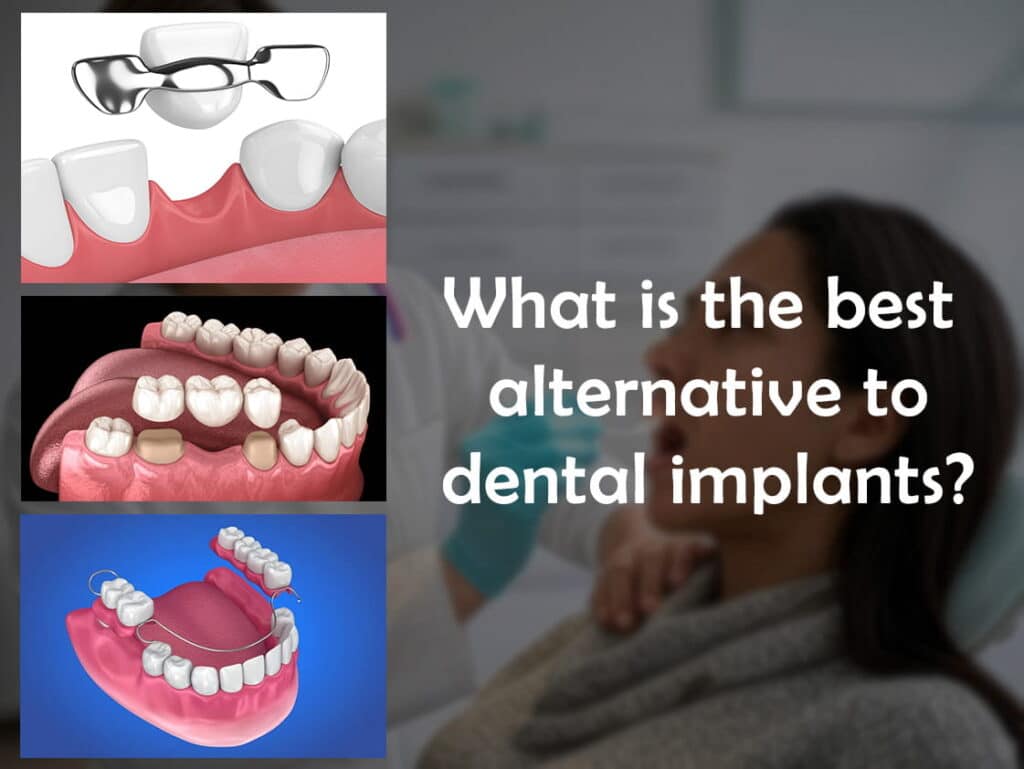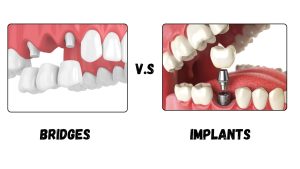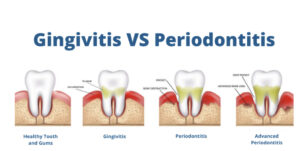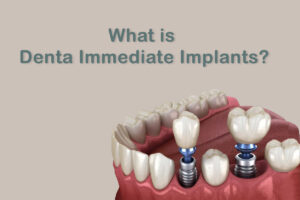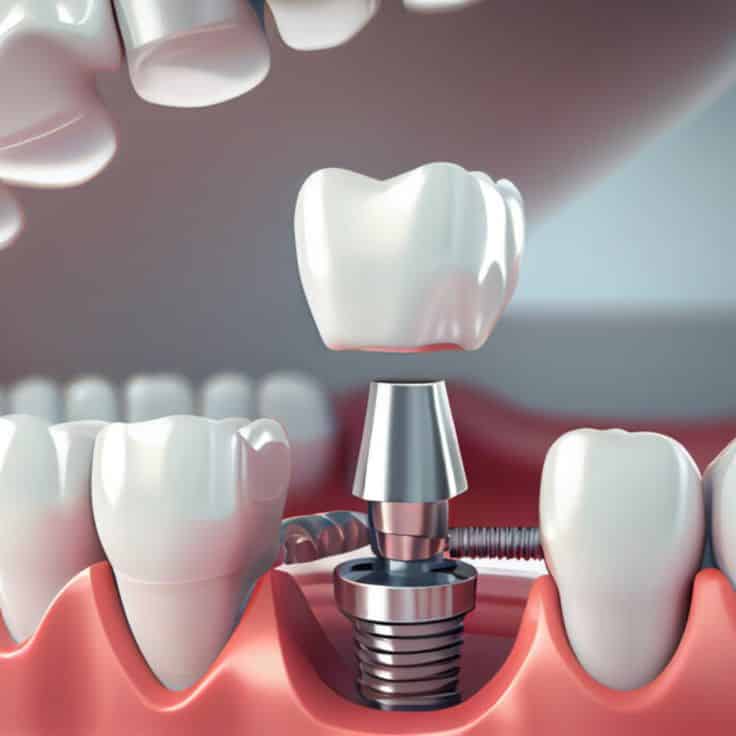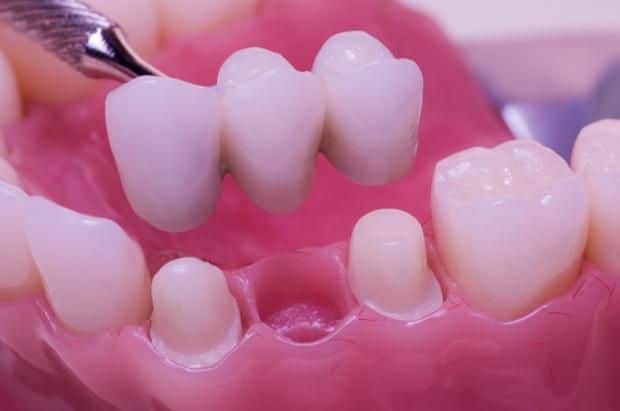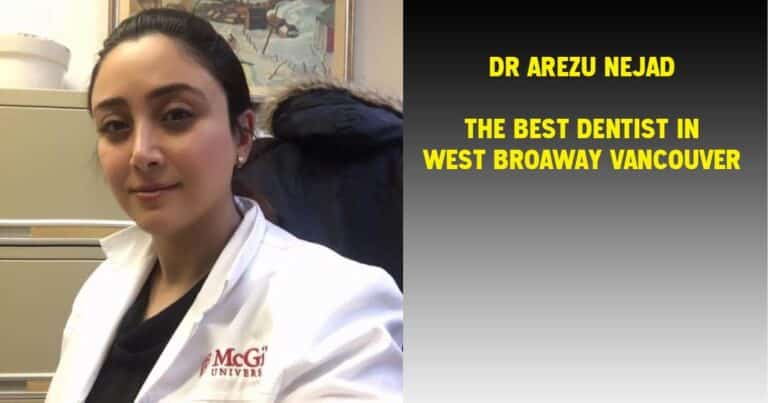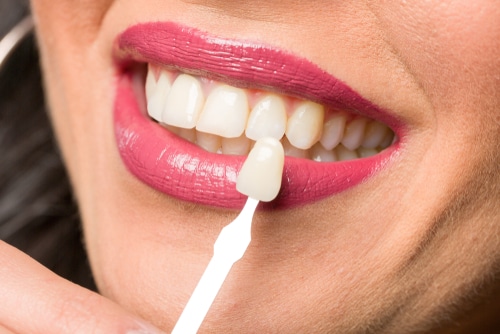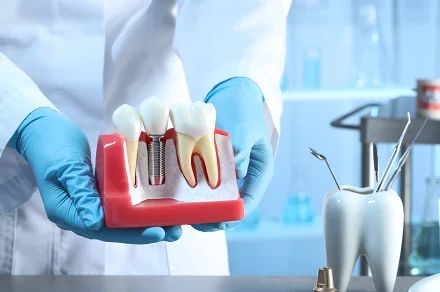Replacing a missing tooth is essential for maintaining your oral health, improving aesthetics, and ensuring proper dental function. While dental implants are often considered the gold standard for tooth replacement, they may not be suitable for everyone due to factors such as cost, surgical concerns, or bone health limitations. At Willow Dental Care, we understand that every patient has unique needs. In this article, we explore the best alternatives to dental implants for replacing a single missing tooth, helping you make an informed decision about your dental health.
Why People Look for Alternatives to Dental Implants
While dental implants offer many benefits, they are not the ideal solution for everyone. Here are some common reasons why people seek alternatives:
- Cost Considerations: Dental implants can be costly, especially for a single tooth replacement. Not all insurance plans cover implants, making them less accessible for some patients.
- Surgical Nature: Dental implant placement is a surgical procedure that some patients may avoid due to fear, medical complications, or recovery concerns.
- Time and Healing Process: Implants involve a multi-step process that can take several months to complete. Patients looking for quicker solutions may prefer alternatives.
- Bone Health or Anatomical Issues: Insufficient bone density or sinus-related complications may prevent successful implant placement without additional procedures, such as bone grafting.
Alternatives to Dental Implants for Replacing One Tooth
If dental implants are not an option for you, there are several effective alternatives to consider:
Dental Bridges

- What is a dental bridge? A dental bridge is a fixed prosthetic that “bridges” the gap left by a missing tooth. It uses adjacent teeth as support.
- Benefits: Non-surgical and quicker than implants. Cost-effective for single-tooth replacement.
- Types of Dental Bridges:
- Traditional Bridge: Anchored by crowns on neighboring teeth.
- Cantilever Bridge: Supported by a single tooth on one side.
- Maryland Bridge (Resin-Bonded Bridge): This type of bridge uses metal or porcelain wings bonded to the back of adjacent teeth. It is less invasive than a traditional bridge and is often a good option for replacing a missing front tooth. However, it is not recommended to replace molars due to the heavy biting forces in that area.
- Ideal For: Patients with strong, healthy teeth adjacent to the missing tooth.
Partial Dentures

- What is a partial denture? A removable partial denture (RPD) replaces one or more missing teeth and is designed to fit comfortably in your mouth.
- Benefits: Affordable and non-invasive. Quick to create and fit. Partial dentures can also serve as a temporary solution while waiting for implants to heal.
- Types of Partial Dentures:
- Acrylic Partial Dentures: Lightweight and cost-effective.
- Flexible Partial Dentures: More comfortable and aesthetic.
- Pros and Cons: Pros: Cost-effective, easy to maintain. Cons: Less stable than fixed options, requires daily removal and cleaning, may cause some gum irritation.
Tooth-Supported Fixed Bridge

- What is a fixed bridge? This solution uses crowns on healthy adjacent teeth to support a prosthetic tooth. This is essentially the same as a traditional bridge, offering a durable and natural-looking fixed solution. However, some enamel from the healthy supporting teeth must be removed.
- Ideal For: Patients looking for a long-term fixed solution without surgery.
Comparison Table:
| Feature | Dental Bridge (Traditional) | Maryland Bridge | Partial Denture |
| Cost | Moderate | Less Expensive | Least Expensive |
| Invasiveness | Moderate (Enamel Removal) | Minimal | Non-Invasive |
| Durability | High | Moderate | Moderate |
| Longevity | 10+ years | 5-10 years | 5-7 years |
| Stability | High | Moderate | Lower |
| Best For | Back teeth, strong abutments | Front teeth | Multiple missing teeth, temporary solution |
Key Factors to Consider When Choosing an Alternative
- Budget and Insurance: Compare costs of dental bridges, partial dentures, and other alternatives. Check if your insurance covers specific treatments.
- Aesthetic Outcomes: Evaluate how natural each alternative will look compared to your surrounding teeth.
- Longevity and Durability: Consider the lifespan of each option.
- Oral Health Impact: Assess whether the alternative will affect your surrounding teeth or gums. The potential for decay in abutment teeth with bridges should be considered.
- Comfort and Maintenance: Determine the care requirements and how comfortable the option feels in your mouth.
Maintaining Your Restoration
Proper maintenance is crucial for the longevity of any dental restoration:
- Dental Bridges: Brush twice daily and floss daily using floss threaders or special floss designed for bridges to clean under the pontic (artificial tooth). Regular dental checkups and professional cleanings are essential.
- Partial Dentures: Remove and clean your partial denture daily with a brush and cleaner. Soak it in a denture solution when not in use. Avoid using toothpaste, as it can be abrasive. Regular dental checkups are necessary to ensure proper fit and oral health.
How Willow Dental Care Can Help You Choose the Right Solution
At Willow Dental Care, we are committed to helping you find the best solution for your dental needs. Whether you choose a dental bridge, partial denture, or another alternative, our expert dentists will guide you through the process and ensure you receive high-quality, personalized care.
- Our Services:
- Comprehensive consultations to evaluate your needs.
- State-of-the-art technology for precise, custom solutions.
- Affordable treatment plans tailored to your budget.
Conclusion
Replacing a missing tooth is vital for your oral health and confidence. While dental implants are a popular solution, alternatives like dental bridges, partial dentures, and resin-bonded bridges provide excellent results for many patients. At Willow Dental Care, we are here to help you choose the best tooth replacement option based on your unique needs and budget. Don’t let a missing tooth affect your smile—contact us today!
Frequently Asked Questions (FAQs)
- Which alternative to dental implants is the most affordable? Partial dentures are typically the most cost-effective option.
- Is a dental bridge better than a partial denture? It depends on your needs. Bridges are fixed and more stable, while dentures are removable and more affordable.
- How long does a dental bridge or denture last? With proper care, dental bridges can last 10+ years, while partial dentures may last 5-7 years.
- Can I switch to an implant later if I choose a bridge or denture now? Yes, you can transition to a dental implant later if desired.
- How do I know which option is best for me? Schedule a consultation with Willow Dental Care to receive expert advice tailored to your situation.

